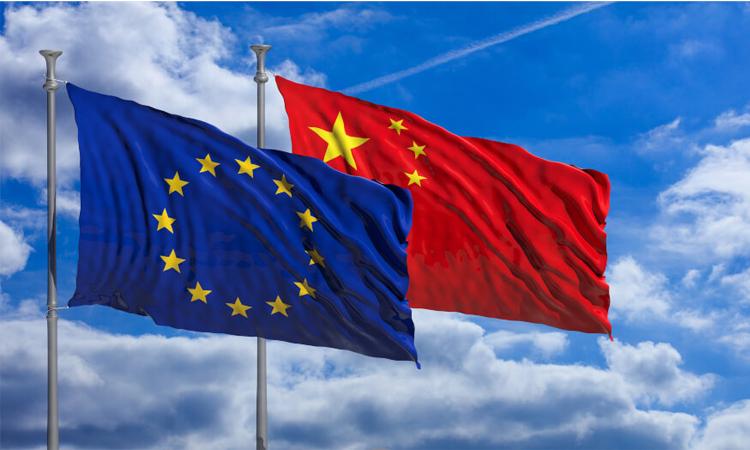European Union (EU) and China on Wednesday sealed an investment pact which is meant to make an easy environment for companies of both sides to invest in each other's economies. The pact was finalized despite the concerns over Beijing's patchy labour rights record.
The EU-China Comprehensive Agreement on Investment (CAI) has been under discussion for years and earlier this month Chinese President Xi Jinping had intervened to give key market access concession to businesses through the pact.
European Commission President Ursula von der Leyen after a video conference with President Xi that also involved EU Council president Charles Michel, French President Emmanuel Macron; and German Chancellor Angela Merkel who holds the rotating presidency of the EU till tomorrow and was seen to have pushed hard for the deal tweeted, “Today, the EU and China concluded in principle negotiations on an investment agreement.”
As per a Reuters report, President Xi the investment deal will offer bigger markets and a better business environment for investors of China and the EU. He also added that the pact will encourage the global economy, promote economic globalization, and free trade.
The pact has come at a time when the European leaders condemned forced labour from the Uyghur Muslim community in the Xinjiang province. According to reports, the community is forced to manufacture goods from Cars to medical protective equipment that are usually exported to the EU Market.
Till now, there has been no reaction from the United States (US) on the pact. Jake Sullivan, National Security Adviser of President-elect Joe Biden, earlier this month shad tweeted the upcoming Biden administration's request to hold early consultations with US European partners on common concerns about China’s economic practices.
The EU has said that China had committed to implementing the International Labor Organization's rules on its labours.
The EU is optimistic over the agreement and terms it as the most ambitious that China will give additional access to many sectors that include electric cars and hybrid vehicles, private hospitals, telecoms, cloud, and financial services, international maritime transport, and air transport-related services. And with this agreement, China has become the EU's second-biggest trading partner after the United States.


















